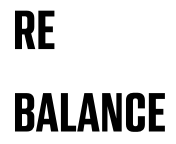
Kee Khobor Stories
Kee Khobor will feature blogs, poems, vlogs and podcasts. The reflections will be shared publicly throughout the year, with our official launch on 26th March 2021.
The various identities of the Bengali community in the UK will be explored and celebrated. We will facilitate an open exchange of ideas and give voice to views, some of which may otherwise not be heard.
The project will leave a legacy that provides stewardship for future generations to not only have pride in their identity but to own it and derive strength from it, and give younger people who may be struggling the confidence and opportunity to belong to something wider.
The reflections will provide an opportunity to look ahead to the future development of the community and not only stay relevant as a community within a changing society but be inspirational to the development of wider British society.
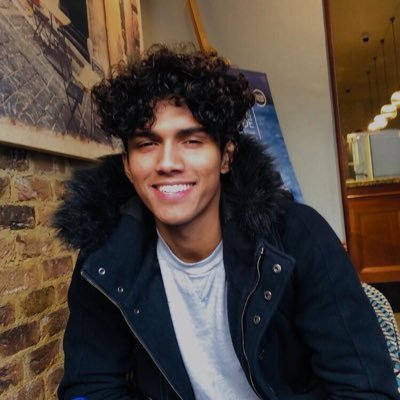
How football influenced my British Identity
At this point in my early teens, I had a better understanding of the world. I knew not every young person was a friend, and I understood not every adult was a guardian. If you wanted to be taken seriously, you either had to throw your weight around, or you had to perform on the pitch.

Unashamedly Bangladeshi
Being the last commonwealth cohort to arrive certainly put us at the bottom of the pecking order and a smaller build from the other South Asian communities meant that we were easy targets. Growing up, we had to learn to defend ourselves or run. My understanding was: if you run you would have to do that all your life. I chose to stand and fight when I was able to.
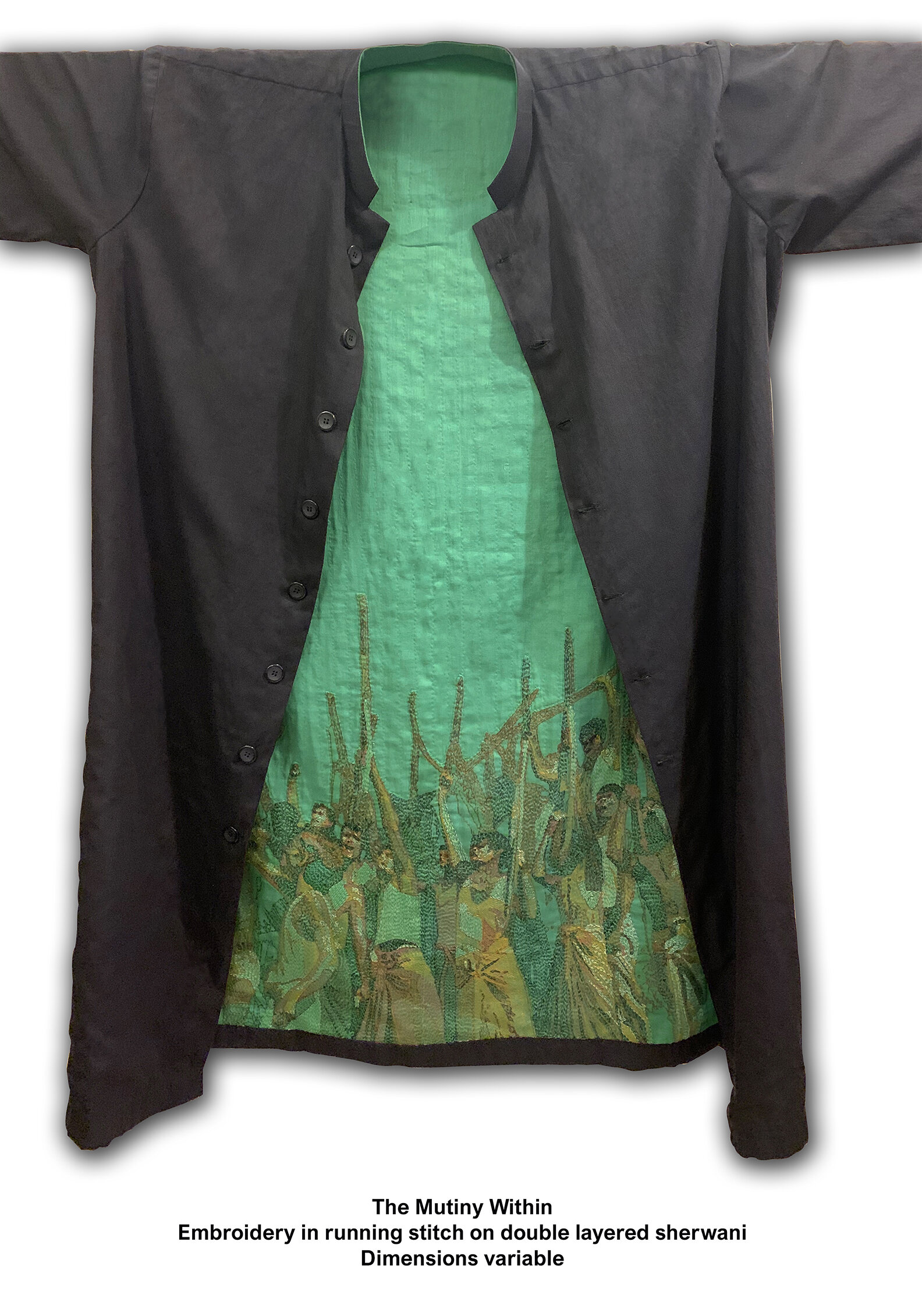
Leaving Home To Go Home
Photo: The Mutiny Within
Violent imagery that has been constructed out of thousands of innocuous little stiches, positioned on the inner lining of a sherwani, This artwork talks of buried secrets and compromises made. A garment worn by bridegrooms and premiers, holds context on the inside that need never be revealed.

The Matriarch
Photo: Syed Rifat Hossain
Mamoni was shorn of all adornment, dressed in a creamy white saree with no border, the parting in her hair bereft of the meandering stream of vermillion, looking bloodless and stark. What you noticed from a distance, was the blank canvas of her forehead, no longer marked by the pomegranate red kumkum powder, painstakingly shaped into a perfect circle every morning by Mamoni’s deft fingers
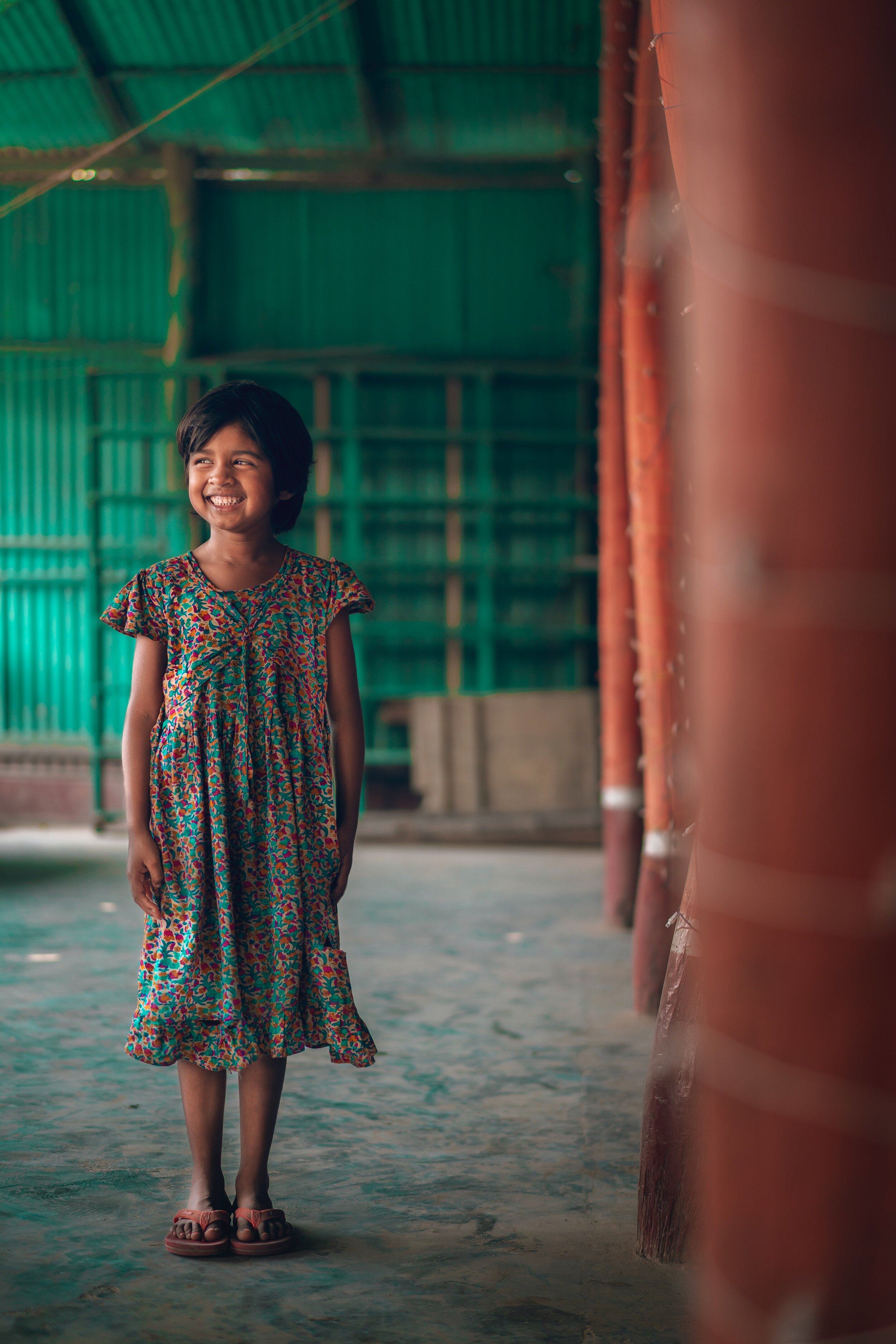
The Best of Times
Photo: Ahmed Hasan
I feel my growing years were the very best of times, an age of wisdom, in a season of light, with the spring of hope and laughter. So much fun and laughter.
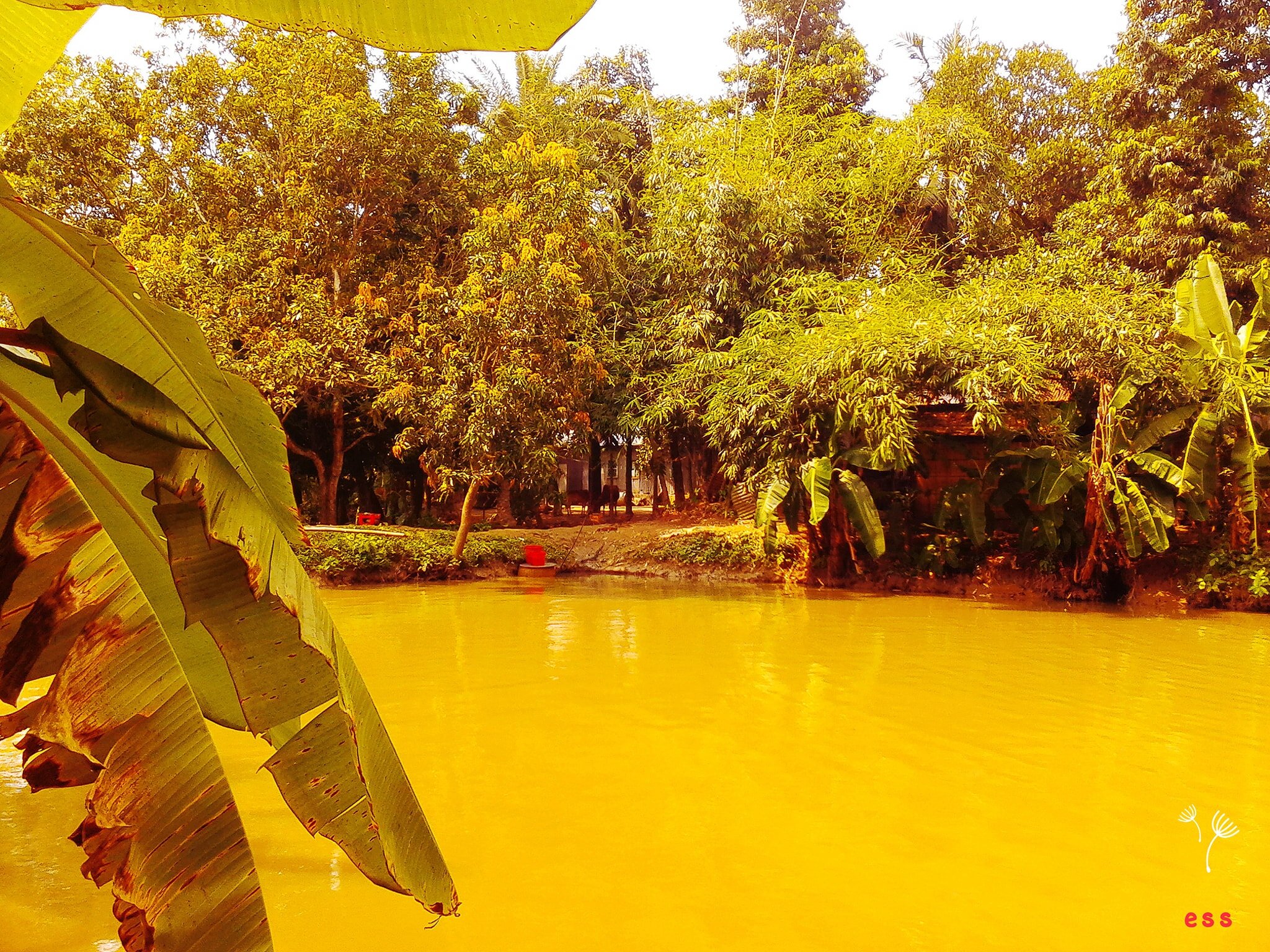
A Tale of Two Rivers
I’ve always felt it easy to belong to London...who wouldn’t? When I first came to work in London in 1999 it was still a city that embraced every type of being with open arms. I could walk down the streets in gothic attire or a saree, and neither would get a second glance. I valued this all the more because having moved to Finland in 1986, I always used to notice how people stared at us...we would often be the only dark-skinned people in the city.

School Lunches
One minute you’ll be enjoying yourself, thinking you are comfortable here, and the next, it’s that all too familiar stare and those words echoing, “go home, GO Home!”

The ‘71 Connection
One thing that resonates, is that we all hold our heads high as Tagor saab’s athem resonates from
our inner beings... taking a fist full of our earth in hand, we echo in unison “Amar Shunar Bangla, Ami
Tumay Balobashi...” (My Golden Bengal, How I Love Thee...)!

Rabindranath Tagore - The World Poet
For Prabhashi Bangalis like me, that the influence of Rabindranath Tagore will be strong. But what about the next generation?
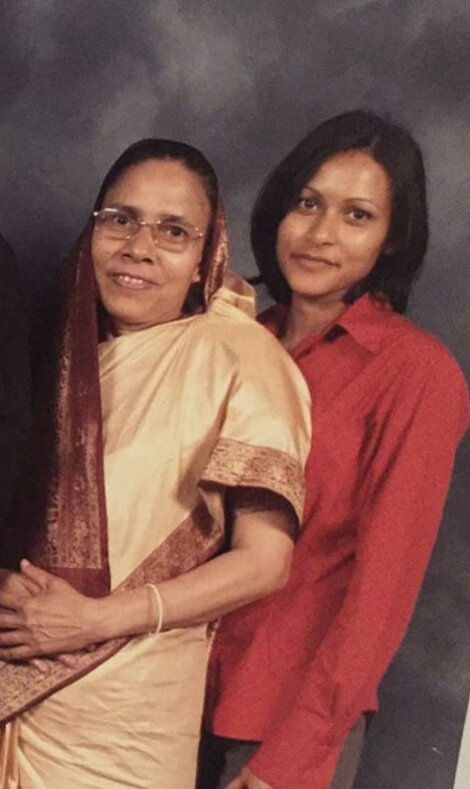
16th December
Poem: 16th December, A New Nation Born
9 months of darkness, horror, death and destruction
3 million sacrificed, slaughtered, pillaged and displaced
Frightened, fearless, fractured, unbroken, freedom prevailed
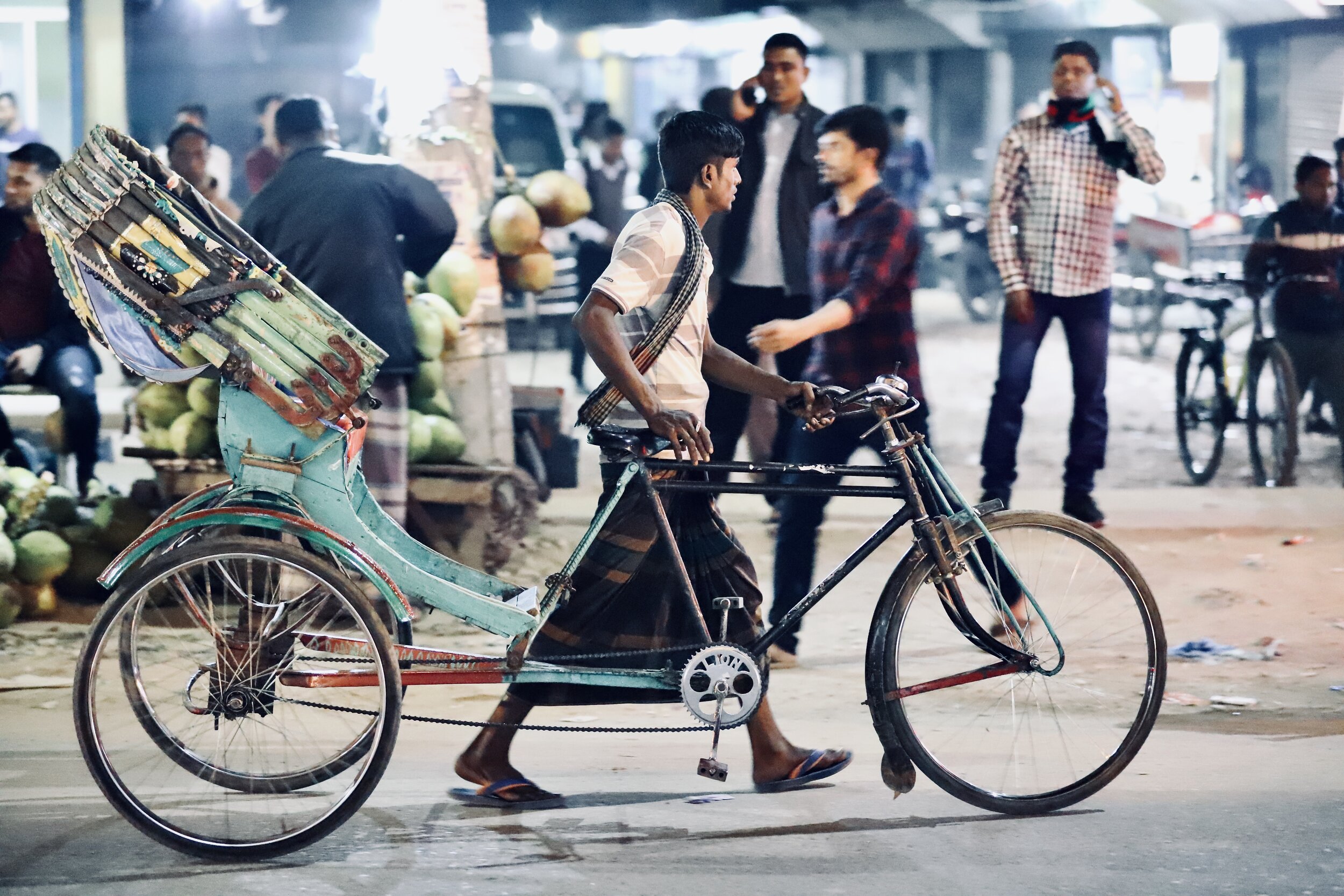
“I don’t know.”
Photo: Salam Jones
Human kidnapping, modern-day slavery and other forms of child exploitation fit within the remit of organised crime, which is one of my academic expertise.
The response that I got from a child rickshaw driver when I asked how old he was.


I Know They Love Me When…
Speaking English and Bengali, I sometimes found it confusing, and it would frustrate me growing up that my Baba was the only person who would say 'I love you' to me, as my Ammu, Dadi and Dada would never say it. As I've grown up and understand more, I have realised that saying these three words is not the only way to prove that they love me, but rather, they show it through their actions.

Growing Up In Newport
The time came, and my Parents decided in the summer of 1988 that they would reintroduce us to our birthplace. With so much expectation and excitement for this long-anticipated trip, we told our school friends we were going ‘home’ for summer.
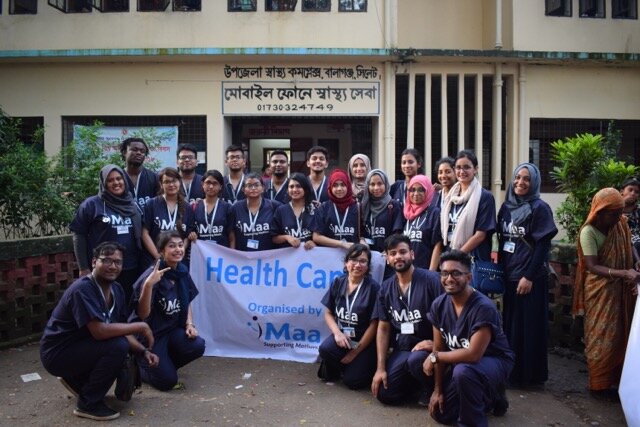
Establishing My Identity
As I entered my teen years, I found it difficult to identify with the Bengali culture. My Parents would often share stories of their childhood; growing up in the village, swimming in ponds and eating fresh belfoy. But I couldn’t connect with their memories - Bangladesh just seemed like a world away to me.

Empowerment For Change
Photo: Raju Vaidyanathan
Deep down I felt a real sense of injustice, and drive to fight back. However, as a 10 or 11 year old child that didn’t seem possible. So my weapon of choice became education -which I remember being enforced at a very early age. Education meant greater choice, freedom, access to money and empowerment. So that’s what we [my siblings and I], as children, focussed on.

My Father
My Father has also been very inspiring for me. He was in fact awarded an MBE in 2002 (during the Queen’s birthday Honours) for his outstanding work in patient care. He has always been a benchmark for us and along with my family culture, I have had great role models, to look up to. I feel it is their influence which has helped me in becoming a forward-thinking, proud British Bangladeshi woman.

Do I Belong?
Shuba Khatun’s story.
“Do I belong? I’ve learnt to accept that I am Bengali and British. Not English but British. I no longer shy away from speaking about my heritage, both the good and the bad. Just like I have lived in England with good and bad.”
